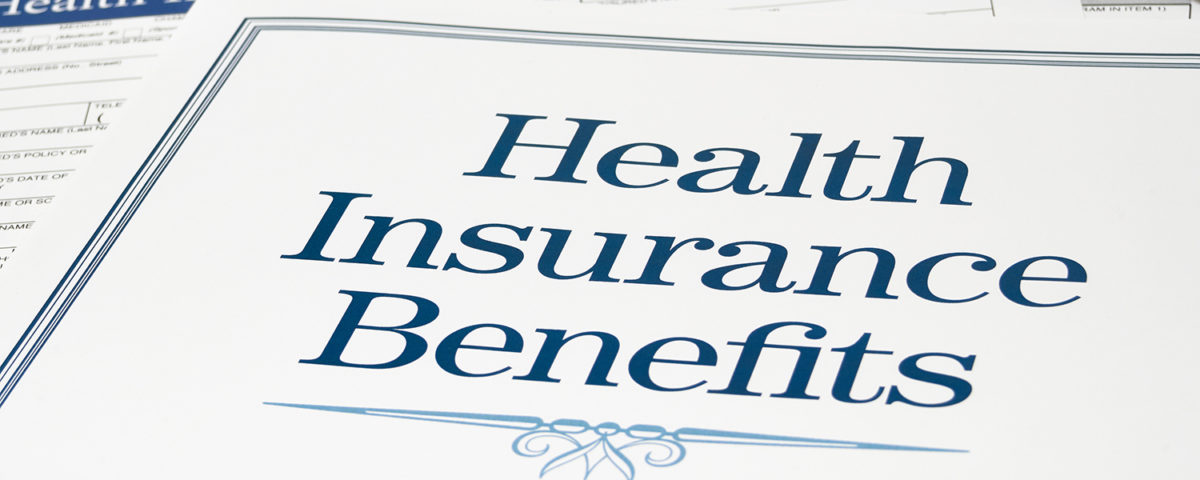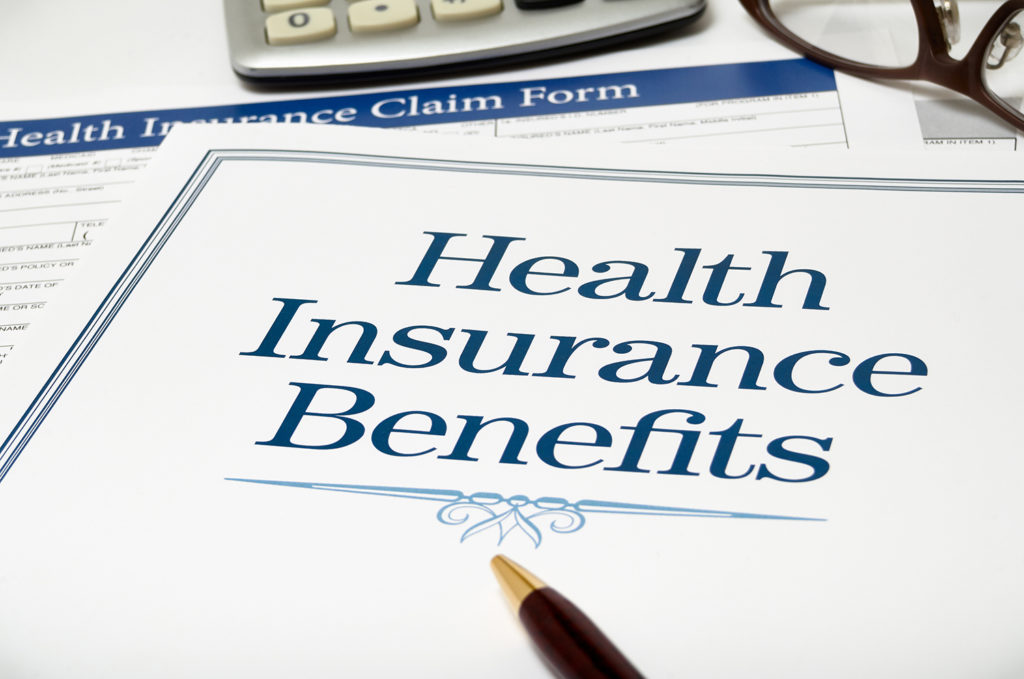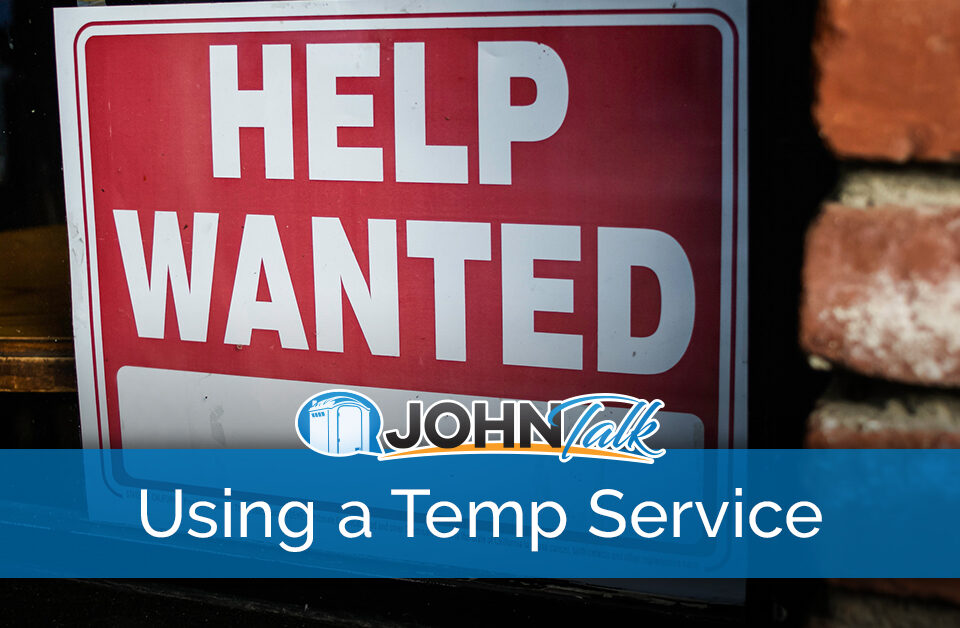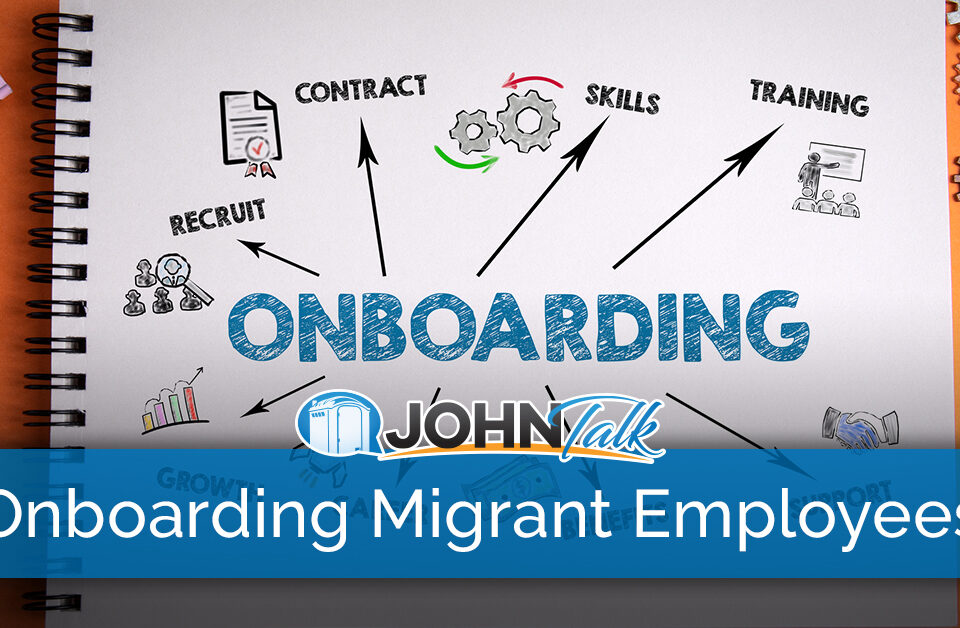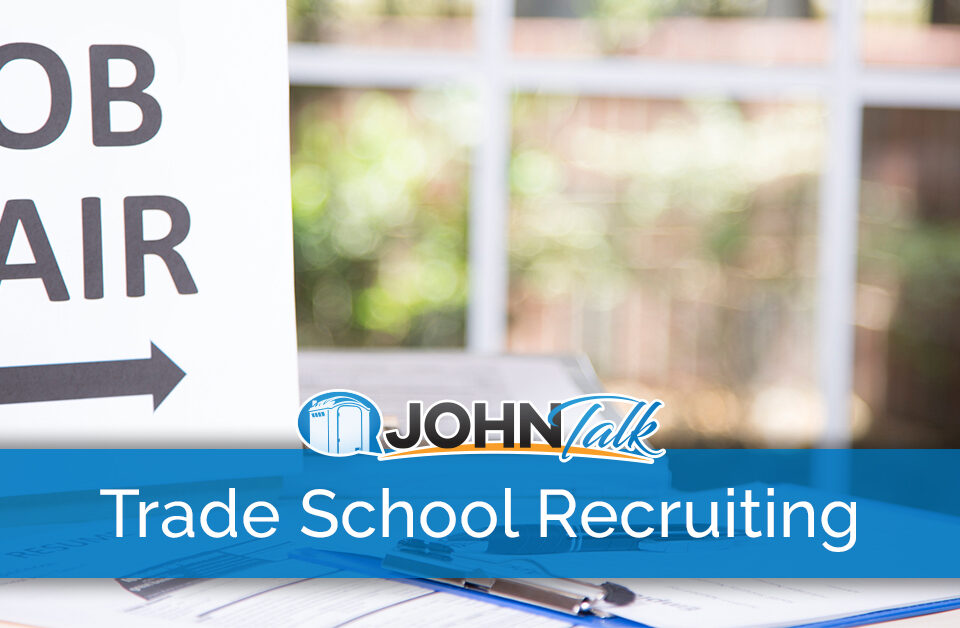
5 Tips for Customer Retention
April 2, 2018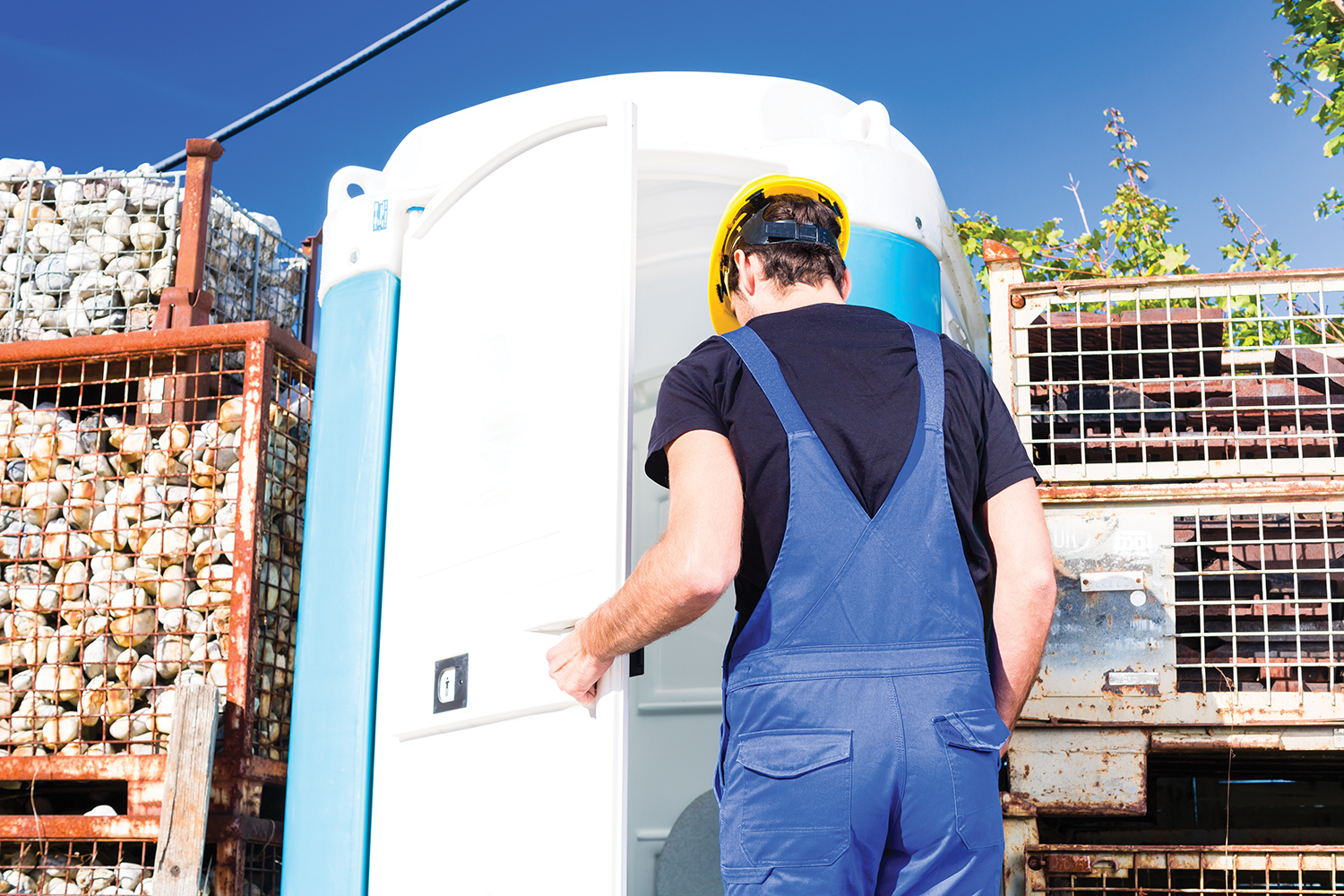
How to Get a New Hire Started
April 2, 2018Portable sanitation isn’t a glamorous job – handling waste, working in all types of weather – so workers are often quick to switch careers. And it takes time and expense to hire new employees.
A good worker who treats your business with the same respect that you do is a keeper. Many portable restroom operators who want their best employees to stay, and stay happy, offer health and retirement plans.
Your employees will benefit, and you can, too, in several ways:
- You can attract and keep good employees
- You can offer health and retirement benefits instead of a higher salary
- You can deduct the money you contribute to your plans on your taxes
- You can join the plans yourself
- You can gain an advantage over competing portable sanitation businesses, or other employment opportunities, that don’t offer health and retirement
Still, it’s a decision you should make carefully. You may want to get legal advice from an attorney or financial counselor who is experienced in health and retirement plans.
Health Insurance
If you have between 1 and 50 full-time equivalent (FTE) employees, you aren’t legally required to provide health insurance.
But besides the reasons mentioned above, having health insurance has also been shown to reduce absenteeism and keep your employees healthier.
You can buy health insurance by yourself, or work with an insurance agent or broker. Or, you can check into the Small Business Health Options Program (SHOP) for small employers, offered through the Affordable Care Act, at https://www.healthcare.gov/small-businesses/provide-shop-coverage/shop-marketplace-overview/.
SHOP insurance gives you choice and flexibility. You can:
- Offer your employees a plan, or let them choose
- Offer only health coverage, or add dental coverage
- Choose how much you pay toward your employees’ premiums, and whether to offer coverage to their dependents
- Decide how long new employees must wait before enrolling
- Enroll in SHOP coverage yourself, as long as at least one of your employees who isn’t a business owner, partner or family member is enrolled
Enrolling in SHOP insurance is generally the only way for small businesses to take advantage of the Small Business Health Care Tax Credit.
Get the JohnTalk “ALL-ACCESS PASS” & become a member for FREE!
Benefits Include: Subscription to JohnTalk Digital & Print Newsletters • JohnTalk Vault In-Depth Content • Full Access to the JohnTalk Classifieds & Ask a PRO Forum
Retirement Plans
Retirement plans are a good deal for employees. Contributions can reduce their taxable income, and the gains aren’t taxed until they retire and actually use them. Those small, regular contributions can really add up over time.
The IRS offers the informative publication “Choosing a Retirement Solution for Your Small Business” at https://www.irs.gov/pub/irs-pdf/p3998.pdf as well as other helpful guides.
The IRS breaks down the options for small business retirement plans into 3 categories:
1. Individual Retirement Arrangements (IRAs)
Employers can help employees set up and fund their IRAs. With an IRA, the amount the employee receives at retirement depends on the funding and the earnings on those funds.
IRA-based plans include Payroll Deduction IRA, Simple IRA and Self-Employed Pension (SEP).
2. Defined contribution plans
These plans are established by the employer and don’t promise a specific benefit at retirement. Instead, employees, employer or both contribute, sometimes at a set rate (such as 5 percent of salary annually). At retirement, the employee receives all the contributions, plus earnings.
Defined plans include Profit Sharing, Safe Harbor 401(k), Automatic Enrollment 401(k) and Traditional 401(k).
3. Defined benefit plans
These plans are also established by the employer and promise a specified benefit at retirement; for example, $1,000 a month. The amount of the benefit is often based on percentage of pay multiplied by the number of years the employee worked for the employer.
Ask your bank or other financial institutions what retirement plans they offer. Consider plans that have been pre-approved by the IRS.
Looking to Take Your Portable Restroom Business to the NEXT LEVEL? Download our FREE Guide: “Your Guide to Operating A Portable Restroom Business.”
Thinking About GETTING INTO the Portable Restroom Industry? Download our FREE Guide: “Your Guide to Starting A Portable Restroom Business.”


